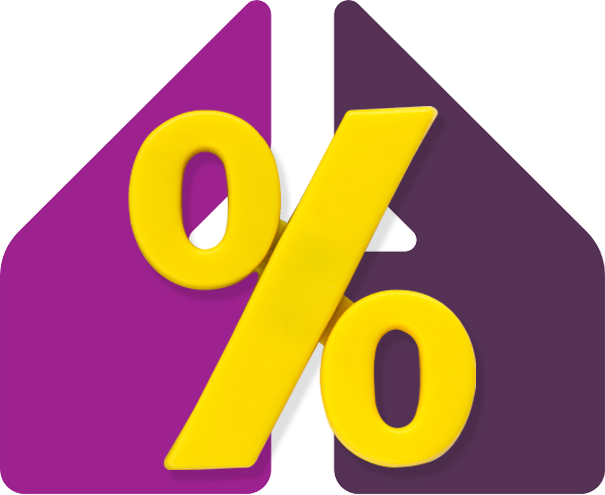Exploring mortgage types
Mortgage options come in various forms, with two primary types:
Fixed-rate mortgages maintain a steady interest rate for a set period, often from six months to five years or more. During this time, your monthly payments remain constant. Once this fixed period ends, the mortgage typically shifts to the lender's standard variable rate (SVR) unless agreed otherwise.
On the other hand, a variable-rate mortgage features an interest rate that can change at the lender's discretion, which includes both rate increases and decreases. The lender usually needs to give notice before raising the rate. Variable rates are influenced by the economy, particularly the base rate set by the Bank of England (BoE), which may be adjusted to stimulate the economy or control inflation.
The BoE's base rate is pivotal, affecting what lenders pay to borrow money. When banks face higher borrowing costs, these often get passed on to mortgage customers.
A standard variable rate mortgage reacts to base rate changes, but it's not an exact match. The lender maintains control over rate adjustments. Some variable rate mortgages, known as tracker mortgages, closely follow the base rate, adding a fixed percentage to it. For example, if the base rate is 3% and the tracker mortgage adds 1%, your interest rate becomes 4% until the base rate changes.
Choosing between fixed and variable rates depends on market conditions and economic forecasts, making timely mortgage advice crucial, especially when considering a switch, known as remortgaging. You can change your mortgage type to save money, but consider potential costs, including early repayment fees, mortgage advice, arrangement fees, and closing costs.
Navigating fixed and variable rate options should be a personalised process that considers things like:
- Rate predictability vs rate fluctuations
- Monthly payment security
- Financial planning and mortgage costs
- Market interest rate analysis
- Homeownership duration
- Risk appetite evaluation
- Consultation with mortgage experts






